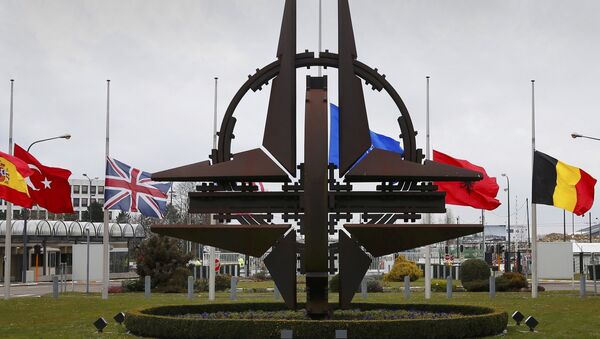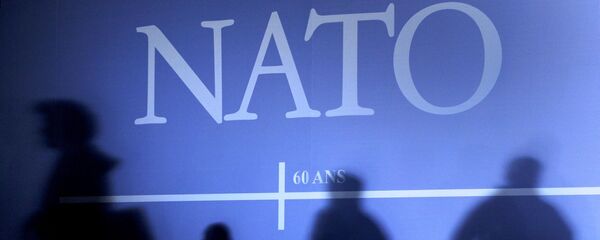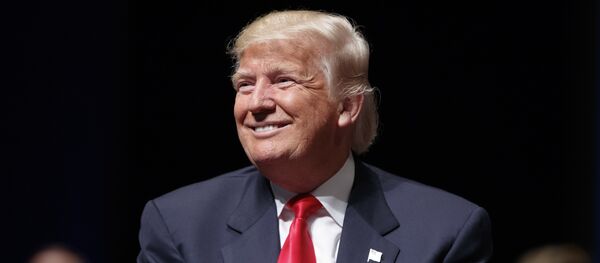"So far, NATO continues to carry out the course that has been identified by decisions in Wales and Warsaw. Its point is to return NATO to the center of Euro-Atlantic security using the so-called Russian threat. For now there is no indication that NATO countries will recant," Alexander Grushko said in response to a RIA Novosti query.
Thus, Russia and NATO have ceased all cooperation and cannot move forward in their relations, Grushko added.
"Unfortunately, if we are speaking about NATO, NATO has deliberately stopped all collaborative projects [with Russia], nothing is happening, there is nothing positive on the agenda and there is no way to move forward," Grushko said.
The Russian envoy also said that with Russia and European countries facing similar challenges, there were still avenues for cooperation and progress.
Relations between Russia and the West deteriorated in 2014 after the overwhelming majority of the Crimean population voted in a referendum to leave Ukraine and rejoin Russia. In April 2014 Kiev authorities launched a military operation against pro-independence militia in Donbas. In February 2015, the two sides reached a ceasefire deal after talks brokered by the leaders of Russia, France, Germany and Ukraine — the so-called Normandy Format — in the Belarusian capital of Minsk.
Moscow has repeatedly stressed that it is not a party to the Ukrainian conflict, and that military expansion toward Russia's borders increases tensions by threatening regional and international security.




